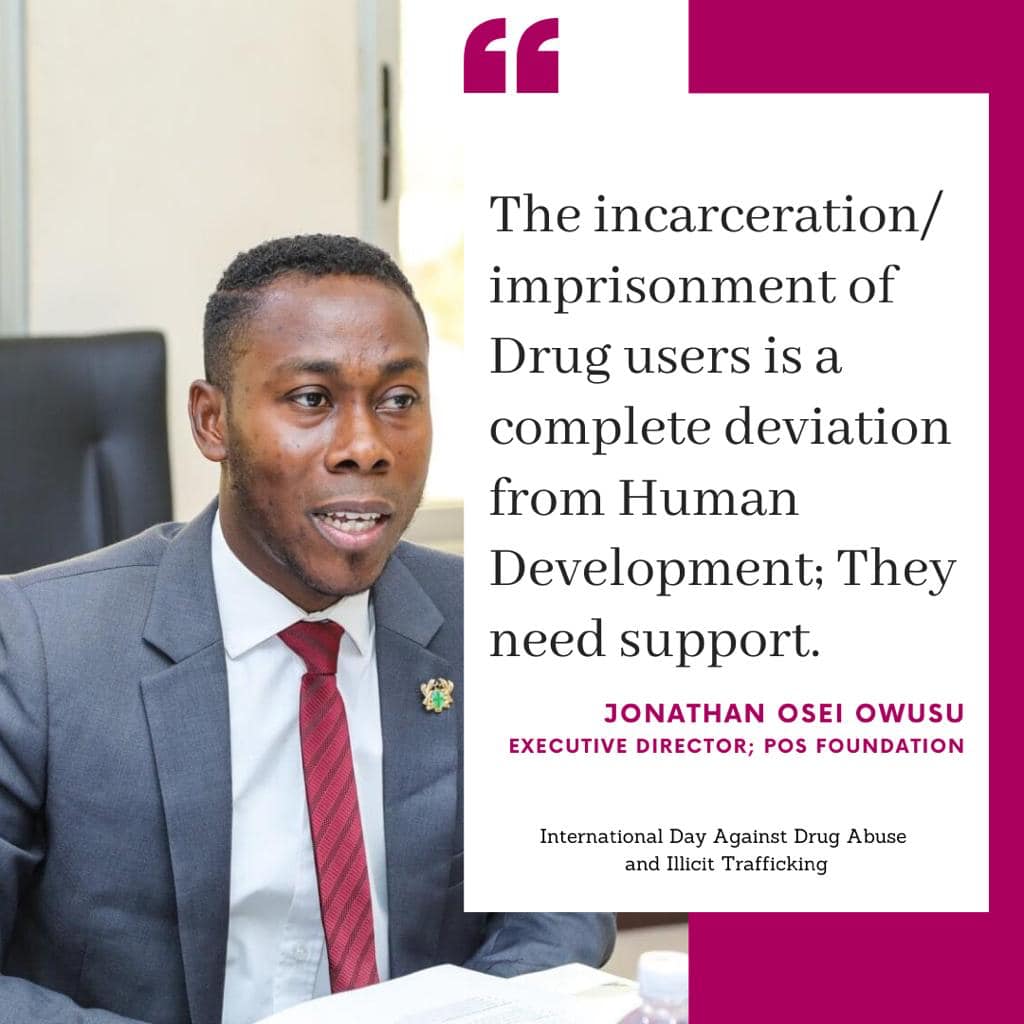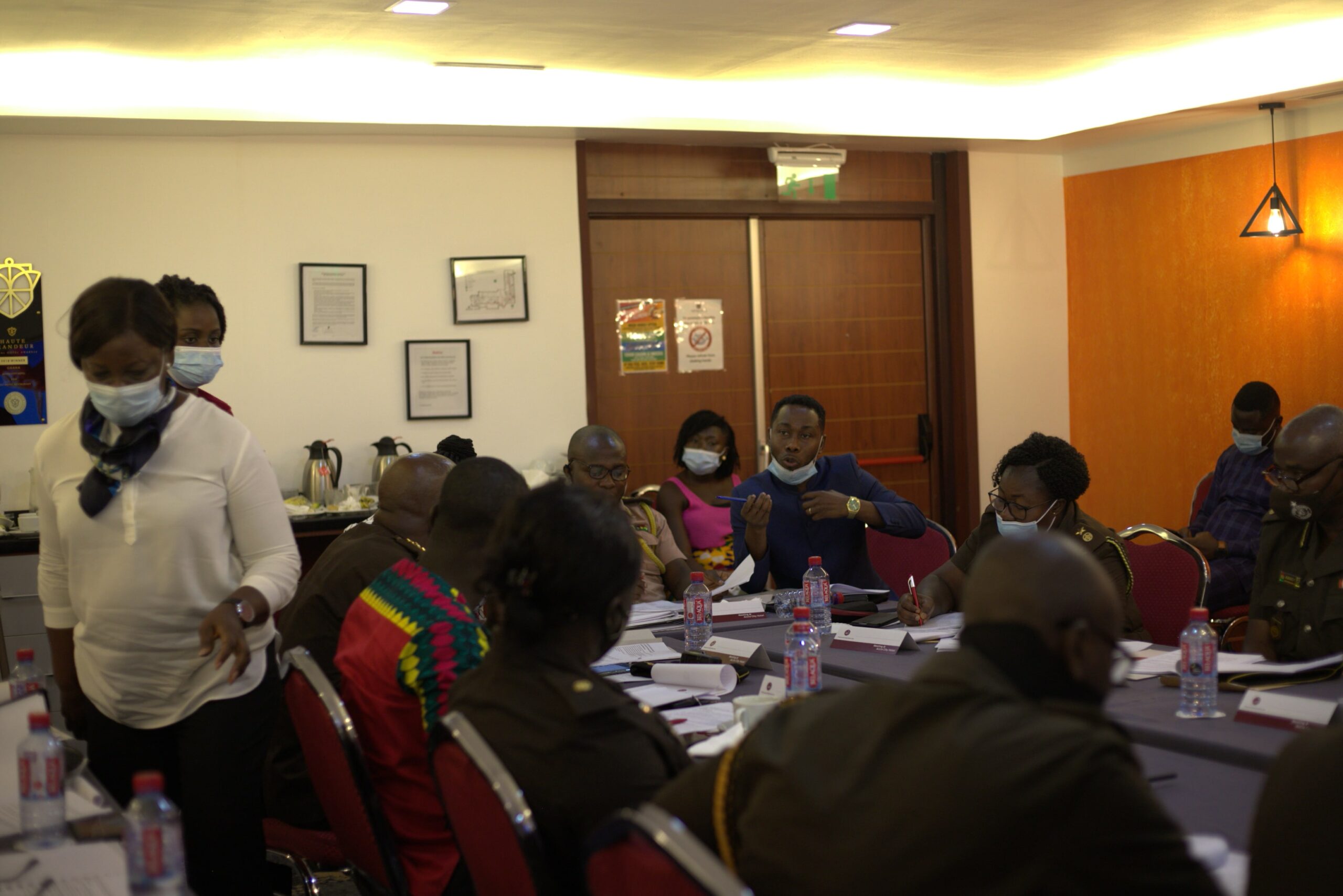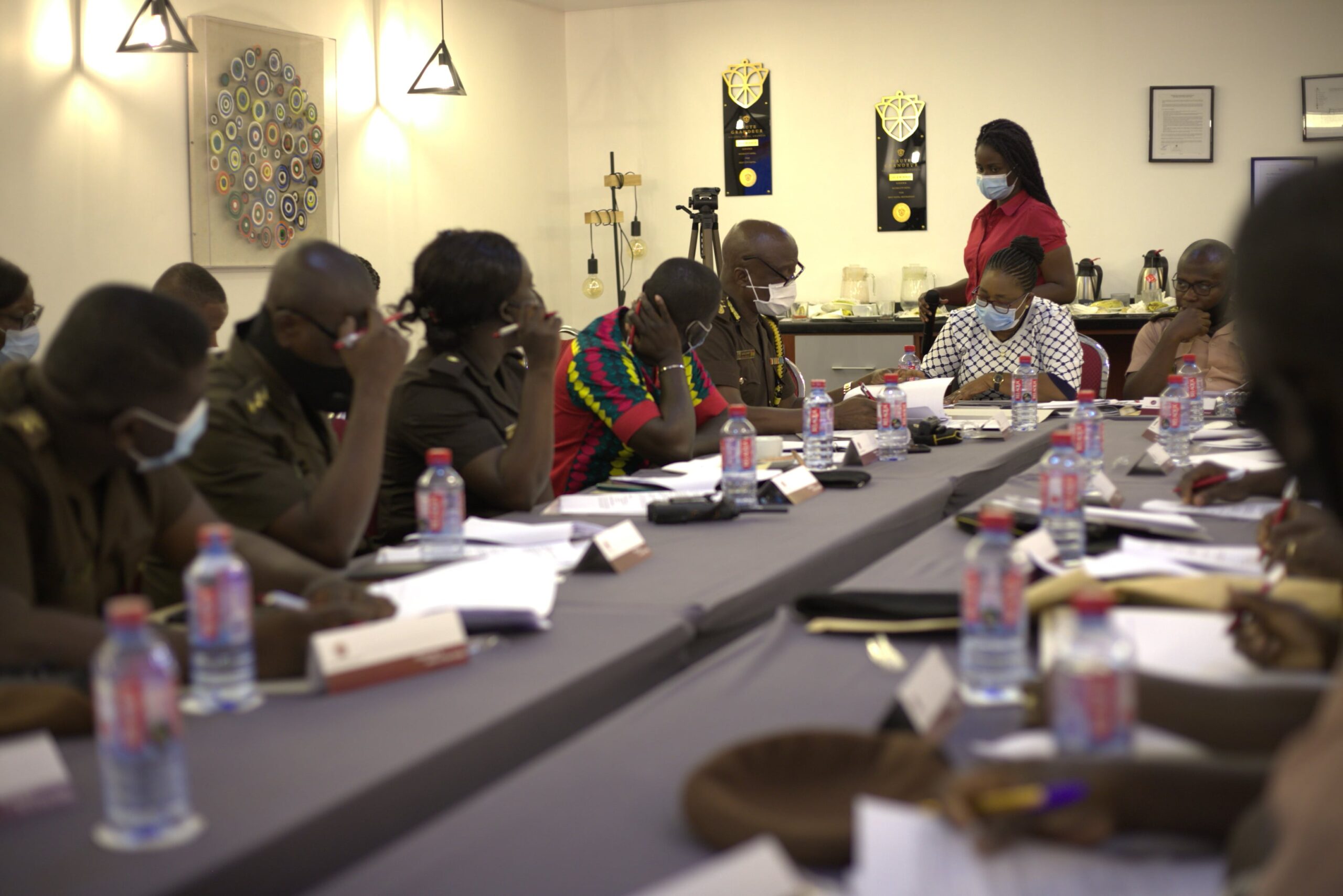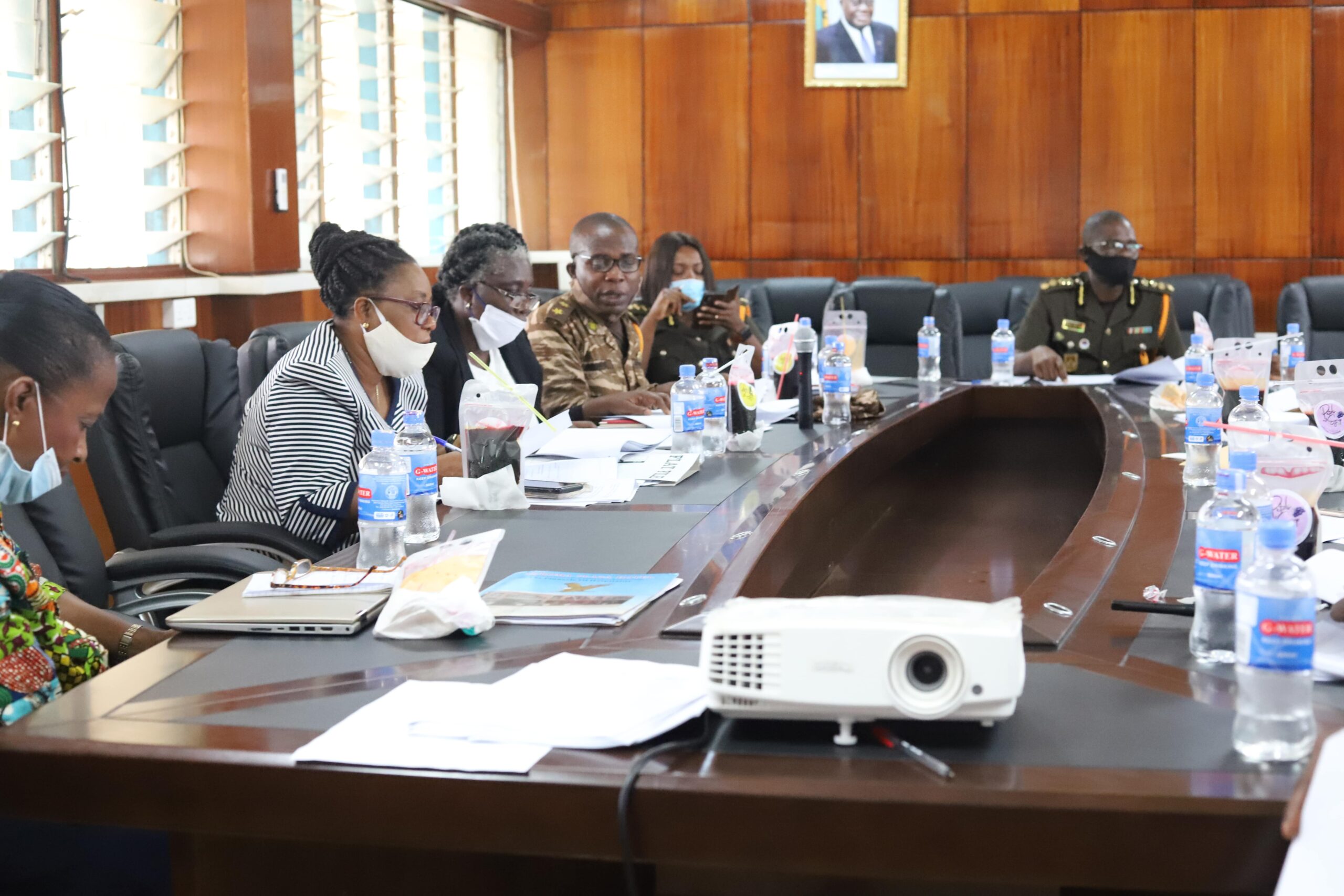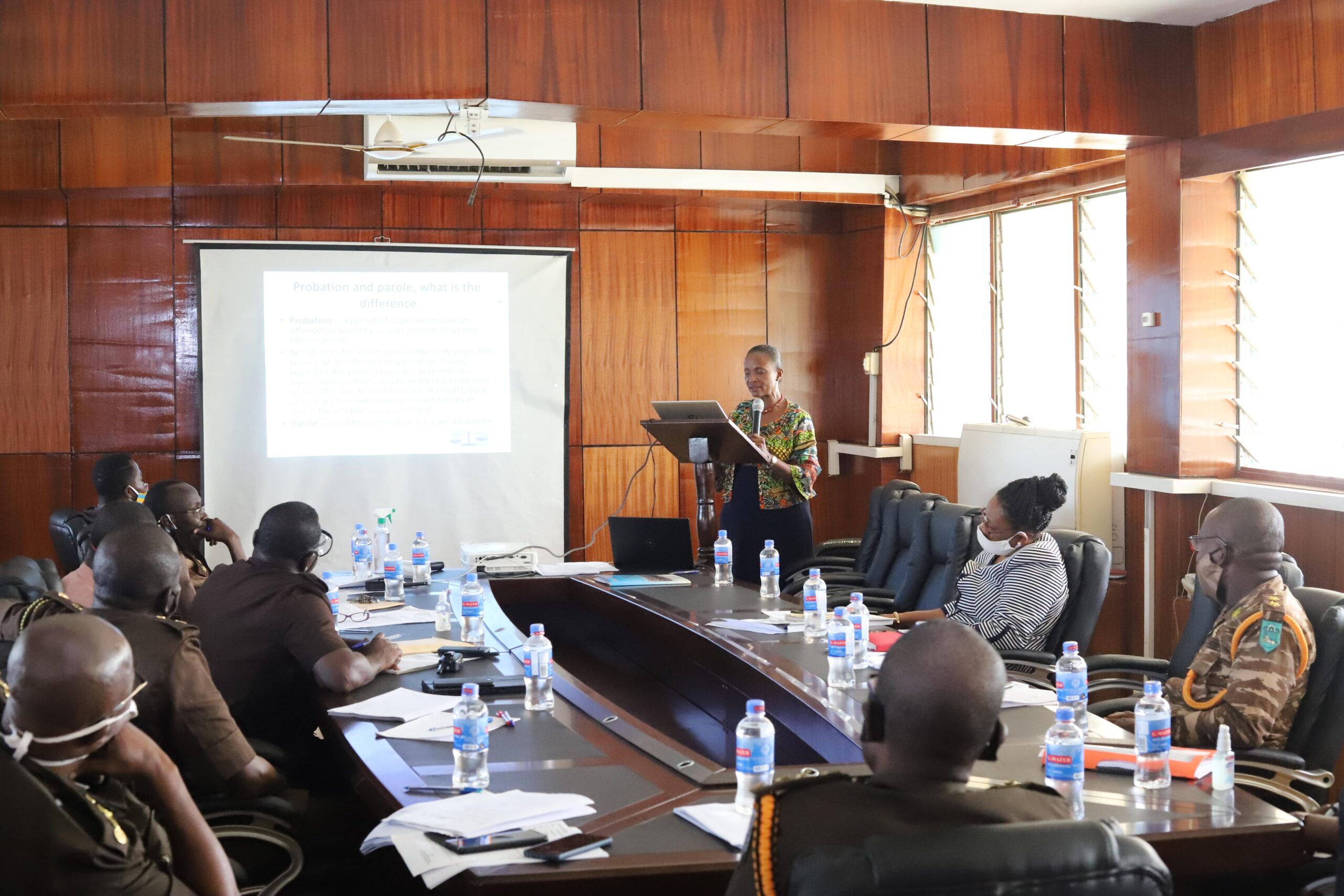The Constitution of the Republic of Ghana vests the Prisons Service with the authority to set up and run a parole system for convicted accused persons in Ghana. According to article 208(2), the Prisons Service Council may, with the prior approval of the President, by constitutional instrument, make regulations for the performance of its functions under this Constitution or any other law and for the effective and efficient administration of prisons and the Prisons Service. The regulations include the institution of a parole system and the periodic review of the conditions of prisoners and all other persons in legal custody at intervals of not more than one year. Like the Probation Service, the Parole system has suffered from the inaction of the Prison Service Council and still remains a mere pronouncement under the Constitution.
The POS Foundation together with the Criminal Justice State Actors, having successfully run the JFAP, IPP, and introduced the Community Service Bill, engaged the service of a consultant (Ms. Estelle Appiah) veteran Legislative drafter to develop a draft Constitutional instrument - CI / Regulation towards a holistic approach in Prison decongestion from both Legislative and programmatic intervention. The POS Foundation and Ghana Prison Service engaged several stakeholders within the public sector including the Parliamentary commitee on Subsidiary Legislation.
